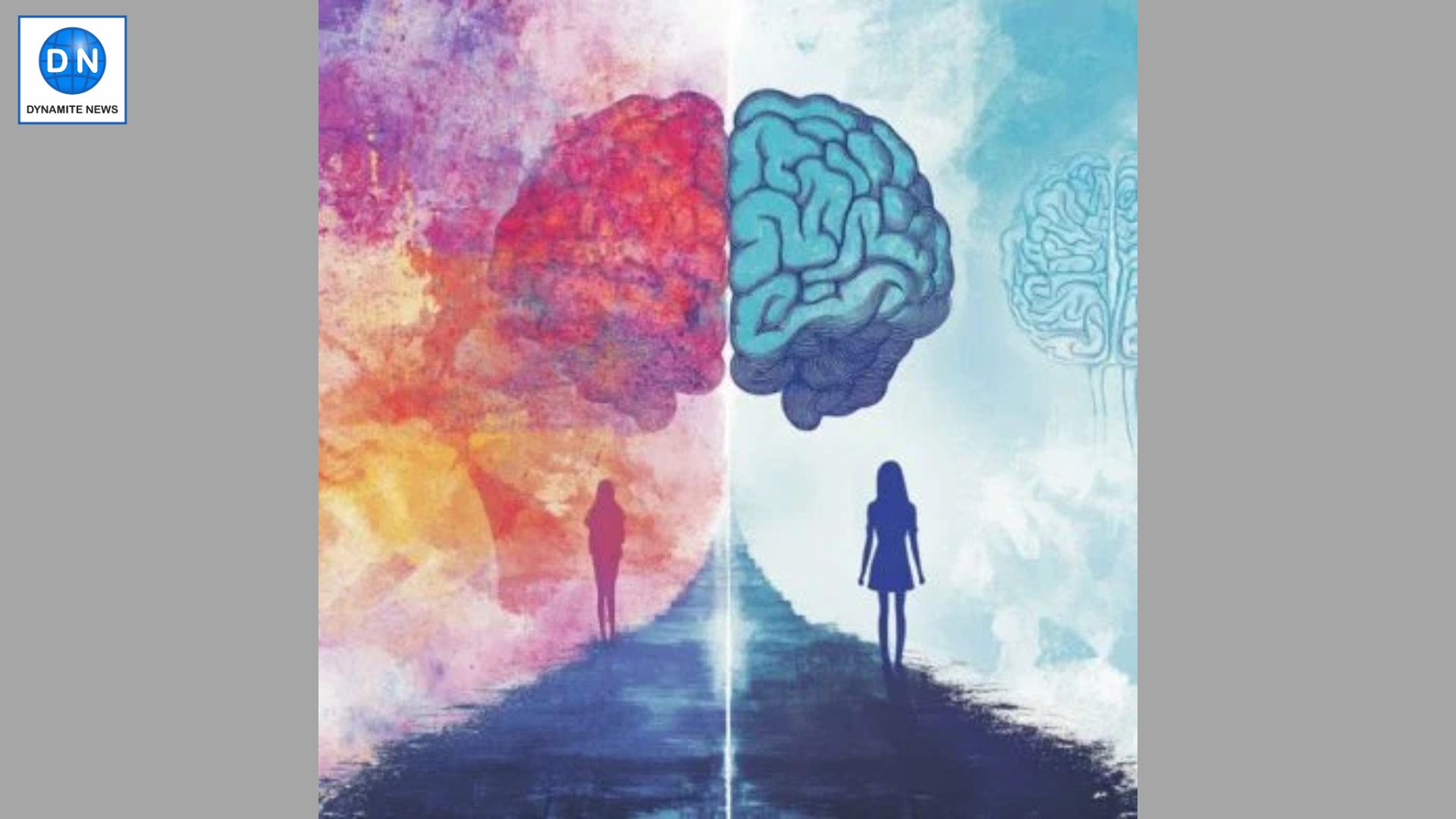Health: Setting reminders can eliminate age-related memory loss
A recent study has shown that setting reminders can reverse some age-related memory deficits. Read further on Dynamite News:

Arlington (US): A recent study has shown that setting reminders can reverse some age-related memory deficits. The findings represent a significant breakthrough in tackling the cognitive issues that older persons confront, particularly in the context of prospective memory, such as taking medication or attending appointments.
"Prospective memory is essential for daily living and maintaining independence, especially as people age," said Hunter Ball, associate professor of psychology at UTA and lead author of the study. "Failing to remember these forward-looking tasks can lead to serious consequences, and previous research has shown that prospective memory tends to decline with age."
Two experiments
Conducted with psychologists at UTA and Arizona State University, the study involved two experiments that tested prospective memory performance in younger and older adults under varying conditions with or without the aid of reminders.
Also Read |
Researchers shed light into how traumatic memories can rewire brain
Participants were asked to remember specific tasks while completing ongoing activities, and their performance was measured in both high-load (more items to remember) and low-load conditions (fewer items to remember).
First experiment
In the first experiment, participants were given specific tasks to remember, such as responding to certain words, and some were provided with reminders displayed on-screen. The results showed no significant age-related decline in prospective memory without reminders under low load, but under high load, both younger and older adults benefitted equally from using reminders.

This suggests that reminders can help reduce cognitive strain by making memory retrieval less reliant on internal memory processes.
Also Read |
Study in mice finds memory problems in old age may be linked to key enzyme
The second experiment introduced more complex, nonspecific tasks that required participants to recognize categories, such as animals or fruits, rather than specific words.
Second experiment
Older adults experienced more difficulties in remembering these nonspecific tasks under high memory load without reminders, but these age-related performance gaps were eliminated entirely when reminders were available. This finding was critical as it highlighted the potential for reminders to counteract the deficits associated with more cognitively demanding tasks that typically strain older adults' memories.
The authors highlight that digital tools like smartphone apps, personal assistants like Amazon Alexa, or even simple reminder notes can serve as valuable aids for older adults in managing their daily tasks effectively and maintaining their independence. (with Agency inputs)
 Dynamite News
Dynamite News 